Traveling Eritrea, In the Ruins of Lost Empires
Asmara, Eritrea
Traveling Eritrea, In the Ruins of Lost Empires
Everywhere we went, hordes of children would follow, shouting, “China! China! China!” in our direction. Considering neither of us looked remotely Asian, this was puzzling. “Why are they all saying China?” we asked our guide.
“They are not used to seeing foreigners. The only foreigners around here are Chinese, so they think you are Chinese too.”
This was amusing for a short while. “America! England!” we would shout back. “China! China!” they insisted. But the childish hollers quickly grew grating, and by the end of the trip I found myself inwardly threatening the next person to say the word “China” in my presence with severe bodily harm.
What are the Chinese doing in Eritrea? Gold mining, apparently. And why are there no other foreigners in this country neighboring Ethiopia?
Probably because most people have never heard of it. It’s a shame, because travelers are missing out on a unique gem of a country. Asmara, the capital, has echoes of Florence in its Italian architecture, while Massawa, a short two hours away on the coast, boasts a stunningly authentic Ottoman ruin, on the coast of a Red Sea so deserted you feel you’ve stepped onto the set of Robinson Crusoe.
Deserted” is a term that often comes to mind when traveling through Eritrea. “Ghost Town” is another. There is something about the country that hints at decay and abandonment, from the fading grandeur of its architecture to the majestic,
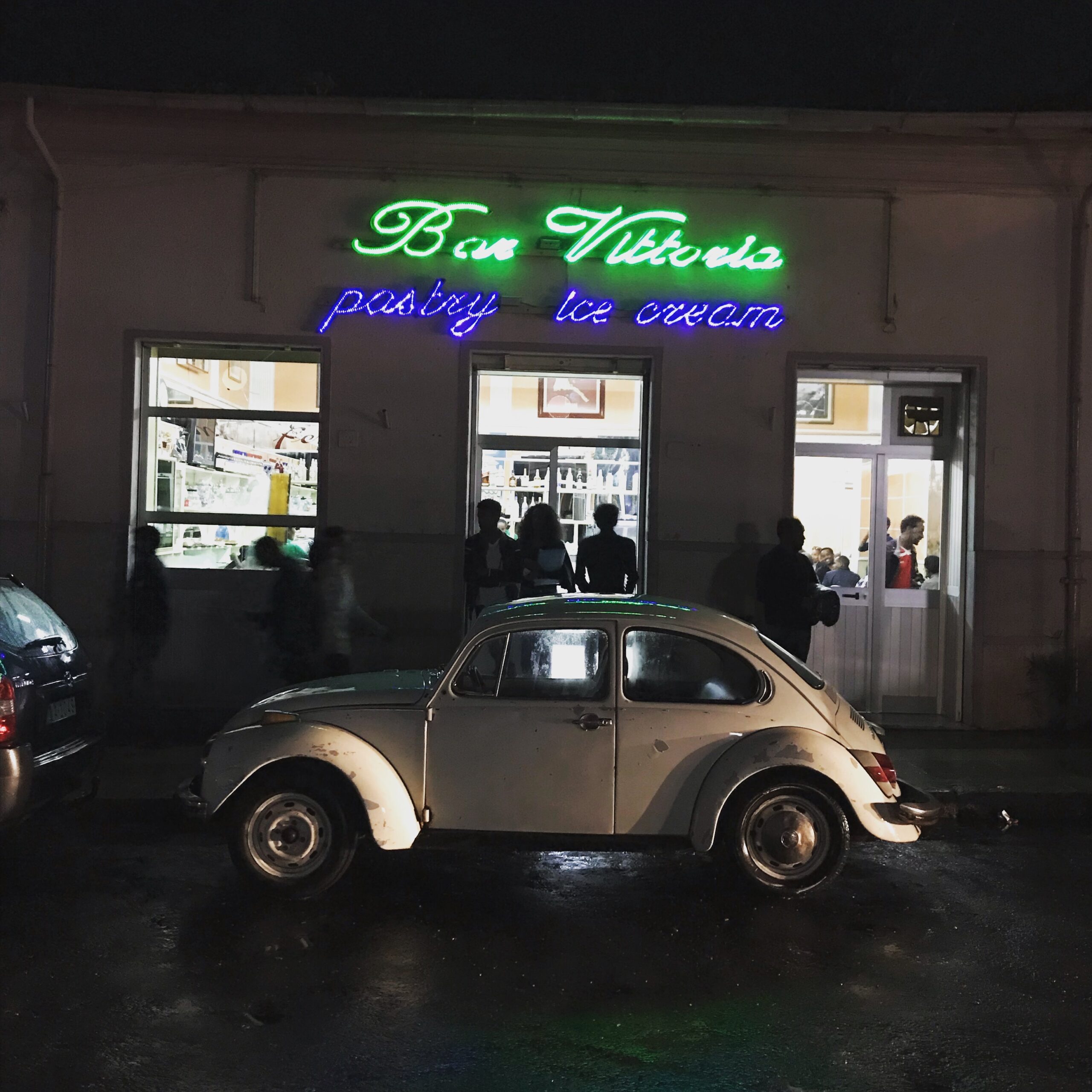 empty hotels in which we stayed, built in an age of optimism that Asmara would one day welcome visitors drawn from far and wide to witness the new Italian empire.
empty hotels in which we stayed, built in an age of optimism that Asmara would one day welcome visitors drawn from far and wide to witness the new Italian empire.
This day never came: the Italians abandoned Eritrea, and their imperial ambitions, in 1942. The country has since been embroiled in a succession of wars which finally left it independent in 1991, but heavily militarized, tightly controlled, and not particularly welcoming to outsiders.
Today the secretive, repressive state is dubbed “the North Korea of Africa”. Travel around the country is strictly controlled, with permits required to enter any of the three cities in which foreigners are allowed—Asmara, Massawa, and Keren—and ubiquitous military checkpoints across the country to ensure these restrictions are enforced.
This all sounds quite intimidating, until you realize that Eritrean guard houses are manned mostly by toothless old men in civilian rags with a rusty AK-47 slung on their shoulder, and military checkpoints is a grand term designating a shack with a rope stretching on the ground across the road. This might act a strong deterrent to a someone moving very slowly, but it was hard to see how effective it could be against a car trying to barrel through.
Searching for Brochure-worthy Buildings
We started off our journey in Asmara, the capital city in Eritrea’s mountainous heights. Most brochures on Asmara highlights the art deco style architecture of its buildings. Maybe an art deco enthusiast would find these exciting, but to our untrained eyes they were underwhelming. Though there are a few art deco buildings, they are more of an amusing oddity than spectacular specimens, and they are not particularly numerous.
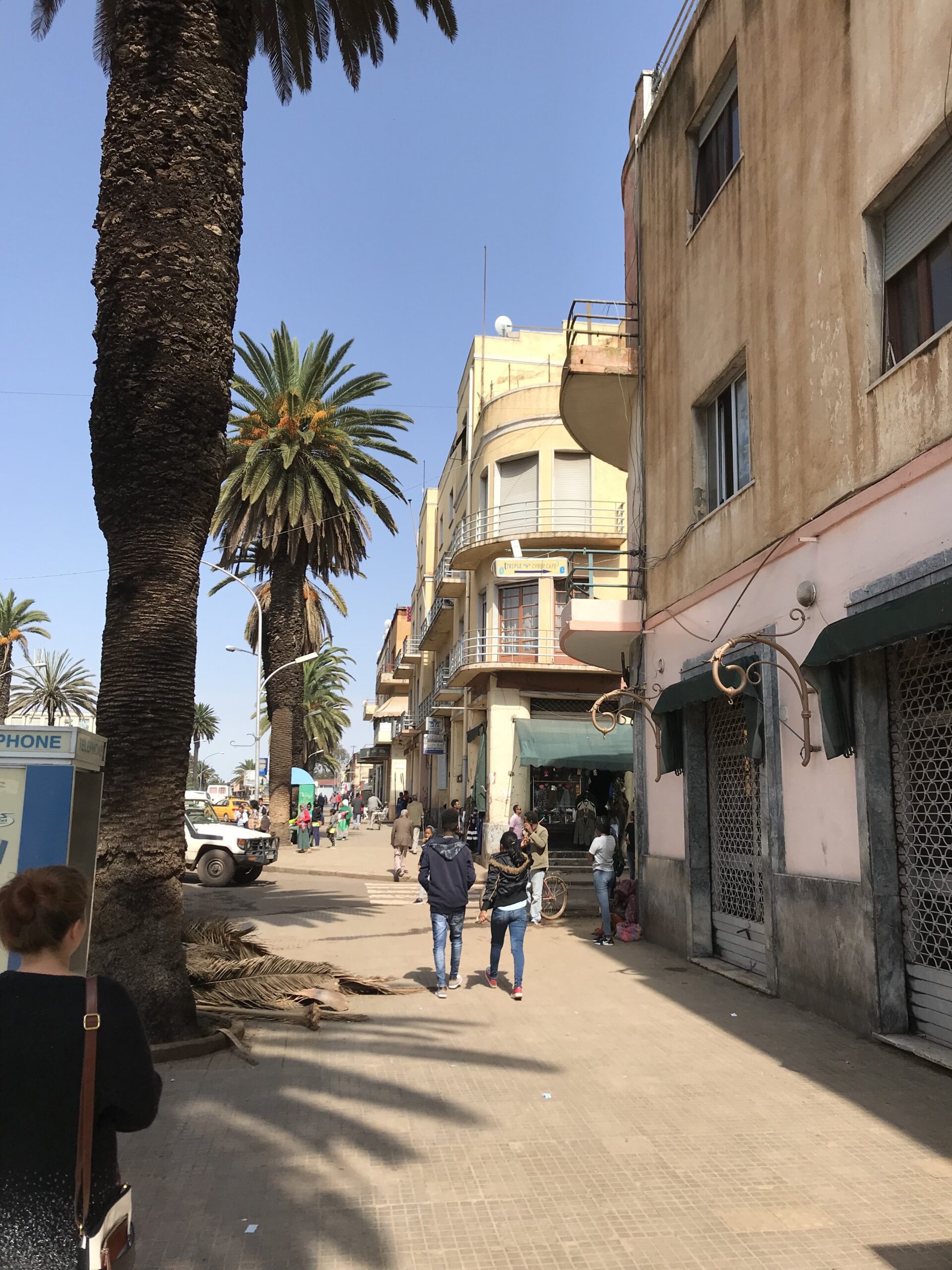
What’s more interesting about Asmara is its Old World Italian charm. The city has a Florence-like vibe, complete with a dome that peeks out over the narrow cobblestone streets. Old men wander around in three-piece suits, occasionally calling “Ciao” to us. There are traditional cafés everywhere, with counters invariably dominated by an old-school Italian coffee machine serving authentic macchiatos and espressos. These are usually accompanied by attractive displays of mille-feuilles and other European pastries, although, as we learned, these look much better than they taste. It seems while Eritreans have managed to keep their eye for Italian style, they have lost the touch of Italian cooking. The pastries tasted as if someone had poured sugar and flour together, mixed it half-heartedly, and stuck in the oven until it achieved an unappealingly crunchy consistency. Other Italian dishes were no better; we ordered risotto one night and were served a mountain of boiled white rice with a few sad mushrooms sprinkled on top.
Our first few days in Asmara were spent at the Grand Hassadian hotel, which had come recommended in one of the few online guides to travel in Eritrea. It was indeed grand and rather gothic, with long, drafty hallways and spiraling staircases leading up to a tower offering a panoramic view of the city.
The business model of the Grand Hassadian, and of Eritrean hotels in general, was rather mysterious. Certainly they could not generate much revenue from guests, as we appeared to be the only ones. Yet the hotel had on the payroll dozens of housekeepers, little old ladies with hunched backs who wandered around lugging endless buckets of soapy water. The purpose of this soapy water was also mysterious, however, as the hotel was filthy.
Perhaps the Embasoir Hamasian saved money on heating and electricity, of which there was neither, and running water, which could only be accessed at certain times of the day when the moon and the stars aligned perfectly. When we asked the concierge how we could bathe, he pointed towards the large buckets of brown water they had put in the bathroom for this purpose.
A few days of dousing ourselves in buckets of cold water and stumbling around our dark hotel room gave us a renewed appreciation for the privilege of being born in the 21st century and we soon decided it was time to warm our bones by the Red Sea coast.
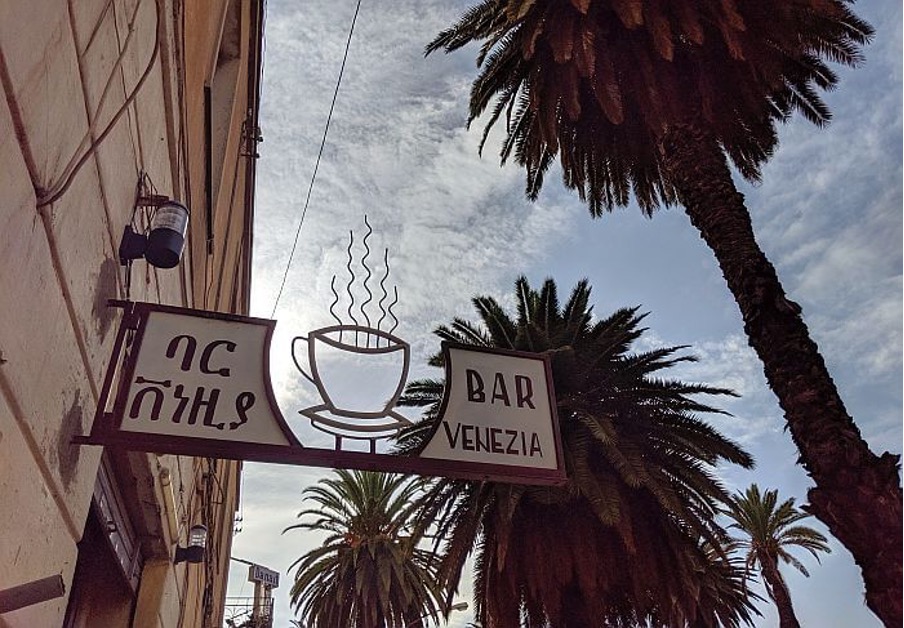 Coffee shops with local coffee and ancient Italian coffee machine are ubiquitous in Asmara
Coffee shops with local coffee and ancient Italian coffee machine are ubiquitous in Asmara
Technologically Isolated in Massawa
The lack of running water wasn’t the only Victorian aspect of traveling through Eritrea. There aren’t a lot of cities left on this earth without WiFi, but Eritrea reportedly has the dubious honor of being the country with the world’s lowest internet penetration. Not to say there is none—every village we passed advertised cybercafes in dilapidated letters. Yet our own attempts to log on were unsuccessful, and this experience seems common among Eritrea’s scant visitors.
I didn’t mind. The inaccessibility of internet merely reinforced the charming notion of stepping into a bygone era. It wasn’t just the lack of WiFi that gave this impression: an aura of communist minimalism shrouds the whole country, from the unbranded bottles in shops to the lack of billboards and advertising on the streets. There was a single exception: one must give credit to the Coca Cola empire for reaching their tentacles into every far-flung corner of the planet. We could be traveling down a dusty road in a particularly barren corner of an already desolate country, as devoid of life as the moon’s craters, and like a mirage of civilization signs occasionally appeared urging us to “Drink Coca Cola”.
The next step on our journey was Massawa. Self-dubbed “The Pearl Harbor of the Erythrean Sea” (a name presumably chosen as an allusion to pearl farming, and not the bloody bombing of US ships by Japanese forces), the port city has historically served as a trade center for the various empires that ruled the region, from the Abyssinians to the Ottomans. Under Italian rule, it served as the capital until 1897, when Asmara took over the role.
Travelers who have written about Massawa focused on its pristine beaches, where divers can explore shipwrecks in crystal clear waters. But this is only a small part of what makes the city so incredible.
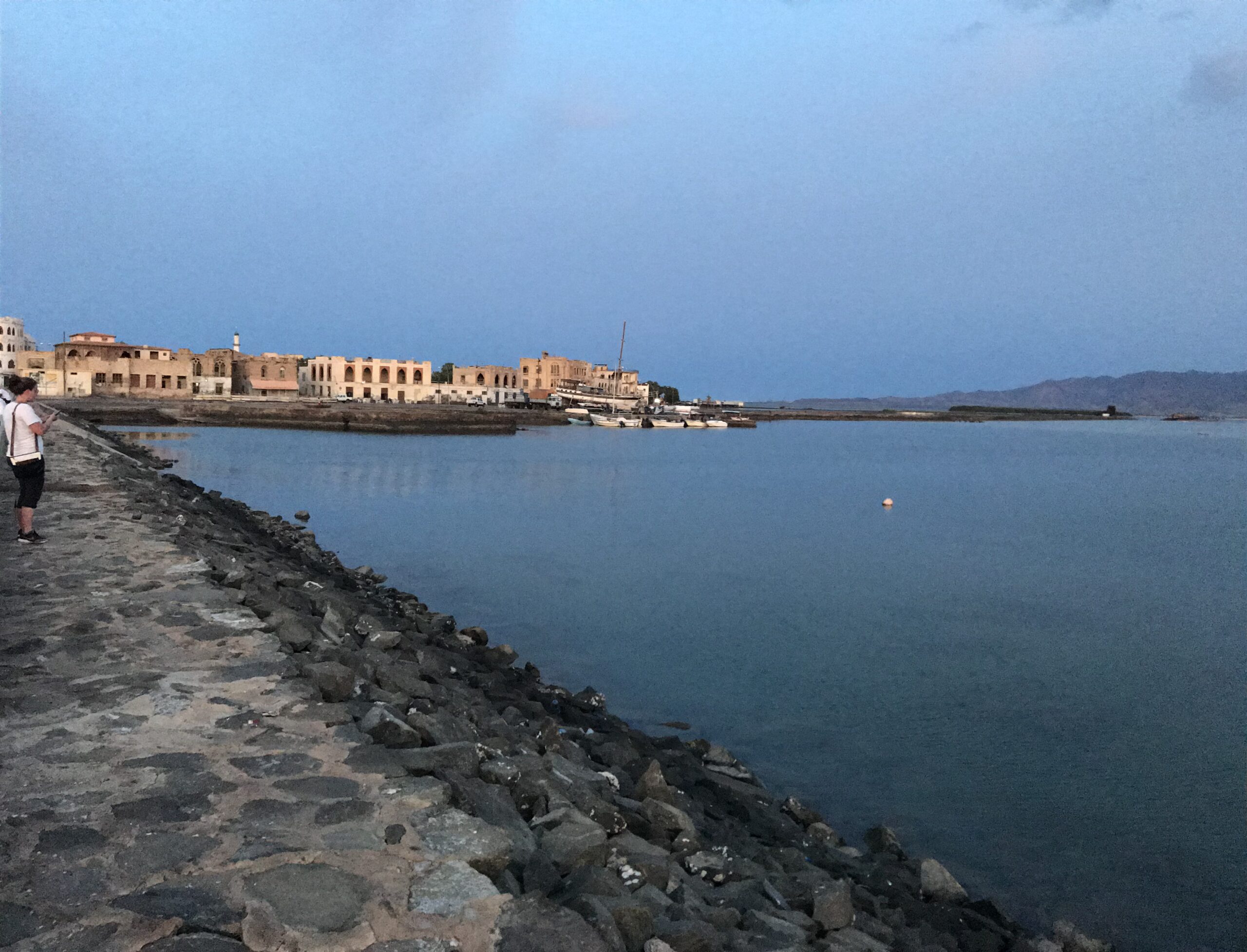 A panorama of Massawa, Pearl of the Red Sea
A panorama of Massawa, Pearl of the Red Sea
Picture a town as historic and beautiful as Venice, comprised of traditional Ottoman-style houses lining dirt streets, with marble palaces and ancient stone mosques adding a touch of grandeur. Now imagine that 100 years ago, large swaths of the city were bombed into smoking rubble, and anyone who had the means packed up and fled. The few families who remained moved into the shells of the ancient mansions. There they settled into their decaying homes, occasionally propping up walls and stairways with planks when the degradation becomes too hazardous, but otherwise letting time and nature run its course. This is Massawa.
Walking around the city today, you feel as if you have stepped through a portal and into a post-apocalyptic land forgotten by time. As it turns out, post-apocalyptic wastelands can be surprisingly buzzing — no doubt the lack of air conditioning and internet access pushes locals into the streets, where they stay late into the night, drinking beer and playing cards.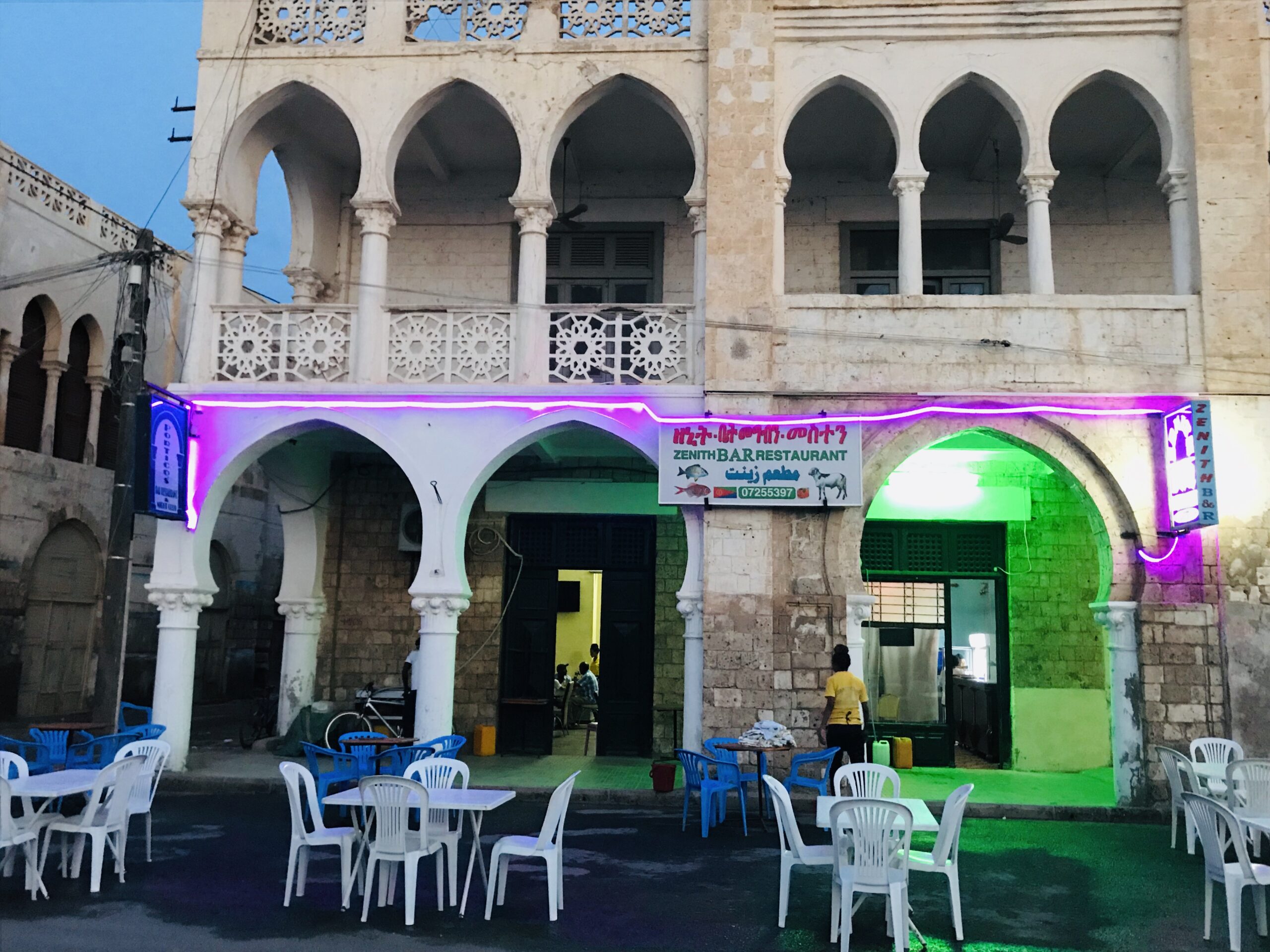
It felt somewhat surreal to be sitting surrounded by mosques, drinking wine and beer, but it seems Christians and Muslims coexist peacefully in Massawa. The port is still active, and sailors from the Netherlands apparently often stop by and keep the nightclubs buzzing.
Massawa, with its remarkably preserved Ottoman architecture, pristine beaches, and surreal aura of a city frozen in time, was without a doubt the the most desirable stop in Eritrea. But the August heat was oppressive, and the lack of air conditioning soon drove us back towards the capital.
Warm Beer in Keren
On our last day we decided to visit the third and final Eritrean city where tourists are allowed: Keren.
Making our way to Keren turned out to be complicated, as all travel within Eritrea tends to be. We approached the concierge to ask for his recommendations. He proceeded to give us a long speech about how I resembled his former girlfriend, an American Peace Corps volunteer who had spent a few months working in Eritrea before being evacuated at the outbreak of the war with Ethiopia. She had offered to marry him and bring him back to the USA with her, but he refused out of a patriotic desire to fight for his country. He thought of her often and wished to visit America one day to reconnect.
The point of this long-winded story, it turns out, was that he would offer us a very good deal, as “I don’t care about money, you remind me of my long-lost Genevieve.” This sounded suspiciously like complete bullshit, and indeed we were able to find a taxi driver at a fraction of the price after some haggling on the streets outside. Within a few hours we were in Keren.
Keren dubs itself the “cultural capital” of the country. Wandering around the barren, run-down town, one can only conclude that this title was selected because it was sufficiently vague to disguise the fact there is not much to see in the city at all. Its much-vaunted “camel market” turned out to be four or five camels standing around amid flocks of sheep. There was indeed a mosque in the town center, though it was not particularly noteworthy. The men wore white Ottoman-style robes, and some of the women wore brightly colored niqabs, giving Keren a slightly Middle Eastern feel. In fact it seemed so different from the rest of the country it was hard to see how this could be considered a capital of Eritrean culture.
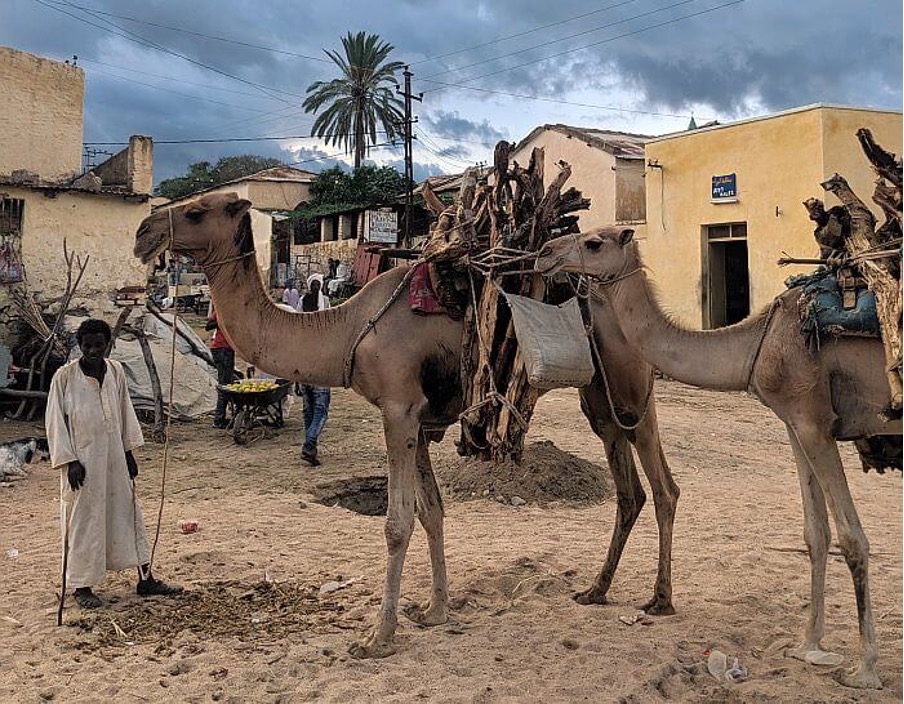 Camels in Keren, Eritrea’s third city with a distinctly more Arab feel
Camels in Keren, Eritrea’s third city with a distinctly more Arab feel
We wandered around for a while in the vain hope of finding something interesting to do until our driver was scheduled to bring us back to Asmara. Finally we settled in a café for a beer, where we made conversation with the manager, an attractive woman of undeterminable age. She had the body and clothes of a young woman, but a worn face that hinted at long years of hard living.
She apologetically informed us that there was no cold beer available, and indeed we would not be able to find any in Keren as the electricity had been shut off a few hours ago. We decided lukewarm beer was better than no beer, and ordered a round.
For the entirety of our stay, she hovered around our table, seeming very anxious that we receive everything we wanted. Slightly embarrassed by her attention, we made conversation with her as we nursed our hot beers.
“Are you from Keren?”
Yes, she was born and raised here, and this restaurant was her family’s. But, she added, she had traveled around Europe, to the UK and Germany and Denmark.
“Everything there is so nice,” she said. “That is why I am ashamed to have you here and serve you hot beer.”
“Oh no,” we said, “the beer is wonderful. It’s perfect. Just the right temperature.” We ordered another round to prove our sincerity.
We asked if she had lived in Keren her whole life.
No, she had only recently come back from twenty years of national service. She had served in the war against Ethiopia. “It was very hard,” she said, “many people died.” The war ended last year and she had come back to work at the family business.
Adam and I exchanged puzzled looks, since as far as we knew the war against Ethiopia ended in 1991. But we did not question it.
“And you plan to stay here?”
No, she was engaged to an Eritrean living in Los Angeles. She would move there in six months, after the wedding.
It was hard to picture a two cities less alike than L.A. and Keren. Was she excited?
“No,” she said. “Keren is home. The pace of life is slow here. It’s peaceful. I do not want to leave.”
“What do you recommend we visit while we’re here?”
She suggested we visit the Italian part of town, which had some interesting architecture. One old schoolhouse in particular was very beautiful.
“Is it still a school?”
“No, it was shut down thirty years ago. Now it is the Ministry of Education.”
“How old were you when it shut down? Did you attend?”
This sly attempt to determine her age was met with a cool stare.
“I don’t remember.”
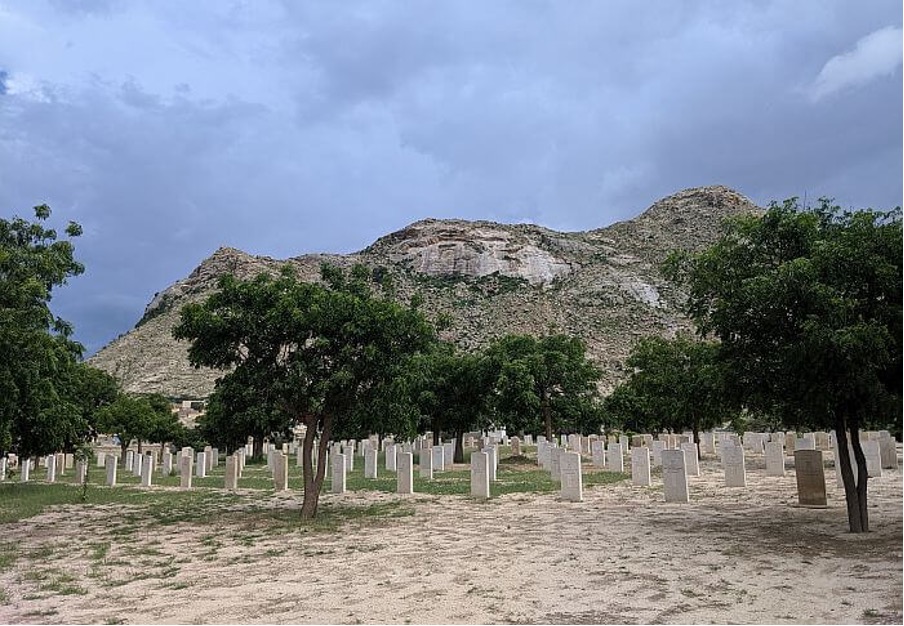 British World War II war graves a short walk from Keren
British World War II war graves a short walk from Keren
Great Britain vs. Italy in a Forgotten Land
Since we were short on time we decided to visit the site of the last battle between the Italians and the British, which had taken place a few kilometers away. In a short while we found ourselves walking along a gravel road lined with yurt-like structures and flocks of goats and sheep. Hordes of children were soon on our trail, alternatively shouting “China! China!” and “Money! Money!” There was no indication that we were on the right path to this supposed battleground, and our attempts to ask for directions were met with blank stares. Throughout our visit to date we had been consistently impressed by the English abilities of everyone we met, so this was a new challenge.
World War II? Battleground? War? Britain and Italy? we asked. We might as well have been asking for directions to Mars. Finally a young man walking by overheard and offered to take us to the British cemetery near the battleground. We gratefully accepted.
Our guide was a young Eritrean who had just returned from the University of Asmara, where he had studied chemistry. He spoke excellent English, was quietly intelligent, curious about the outside world, and gave the impression he might have had a bright future had he been born in any other part of the planet. Instead, he had been waiting for several months to receive his papers informing him where he would spend the next years of his life performing hard labor as part of his national service.
He brought us first to the British cemetery. It had the same look and feel as the endless expenses of WWII cemeteries that stretch across northern Europe, except for the addition of large numbers of Sudanese and Indian troops mixed among the Brits. The rows of white tombstones were perfectly aligned and perfectly maintained. Each bore a name, age, regiment, and inscription hinting at the heartbreak they left behind.
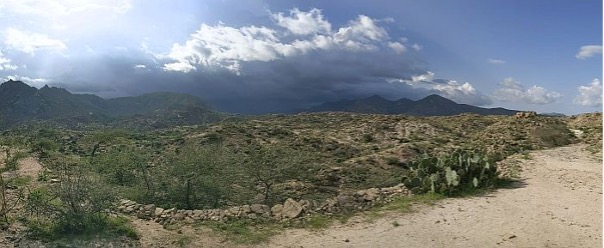
“Though he lies far away/We think of him/Both night and day,” said one.
“Not gone from memory/Not gone from love/But gone to/His Father home above,” said another.
One, of a certain Major C.L.M. Voules, of the 5th Mahratta Light Infantry, dead on 17th March 1941 at the age of 41, read with typical British taciturnity: “Well done.”
The cemetery had a visitors’ book, which was surprisingly full — more people than one would think seemed to have made a pilgrimage to these barren hills to pay their respects to fallen ancestors.
“RIP Tommy, God bless his soul and may he find eternal peace.”
“They gave their lives for their country and we are forever grateful. May God bless them all.”
There was something depressing about the thought of all these young men spilling their blood for distant empires, their bodies left to decompose on these bare, anonymous hills, so far from home.
Feeling melancholic, we asked our new friend to take us to the site of the battleground. He took us further outside of the town, past another military checkpoint, into more boulder-strewn hills. We finally reached one particular hill which, he said, was the site of the famous battle that ended WWII in Africa. There was nothing to distinguish this hill from the others, except a small cross set on top a stack of stone blocks. We took a few pictures and concluded it was time to trek back.
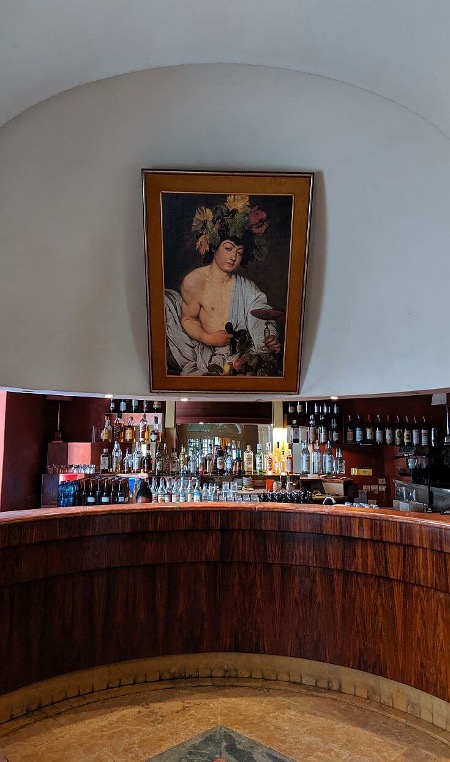 Keren is not far from Asmara, but our return took several hours. We drove back on dirt roads winding through the mountains, with only the exceptionally bright moon to light out path forward. Between the complete lack of electricity and the flocks of sheep and goats that occasionally blocked our path forward, it was easy to imagine we had stepped back into a pre-industrial time.
Keren is not far from Asmara, but our return took several hours. We drove back on dirt roads winding through the mountains, with only the exceptionally bright moon to light out path forward. Between the complete lack of electricity and the flocks of sheep and goats that occasionally blocked our path forward, it was easy to imagine we had stepped back into a pre-industrial time.
Time Travel, Eritrean Style
Back in Asmara it was time to prepare our return to Dubai. We had one last Asmara beer at our favorite bar at the Albergo Italiano.
It was a bittersweet night. We were sad to say goodbye to Eritrea, the land frozen in time. Not just in one period, but across multiple time zones of history. In a week we had traveled from a late 1800s Italian city to 1500s Ottoman ruin to a village that looked like it had not changed since the days of the Silk Road. It’s hard to think of other countries that offer such variety in their snapshots in time in such a compact area.
But we were looking forward to hot showers and consistent electricity and, most of all, a connection to the greater world beyond. Traveling in time is fun, but only when you know the comforts of modernity are just a short plane ride away.
